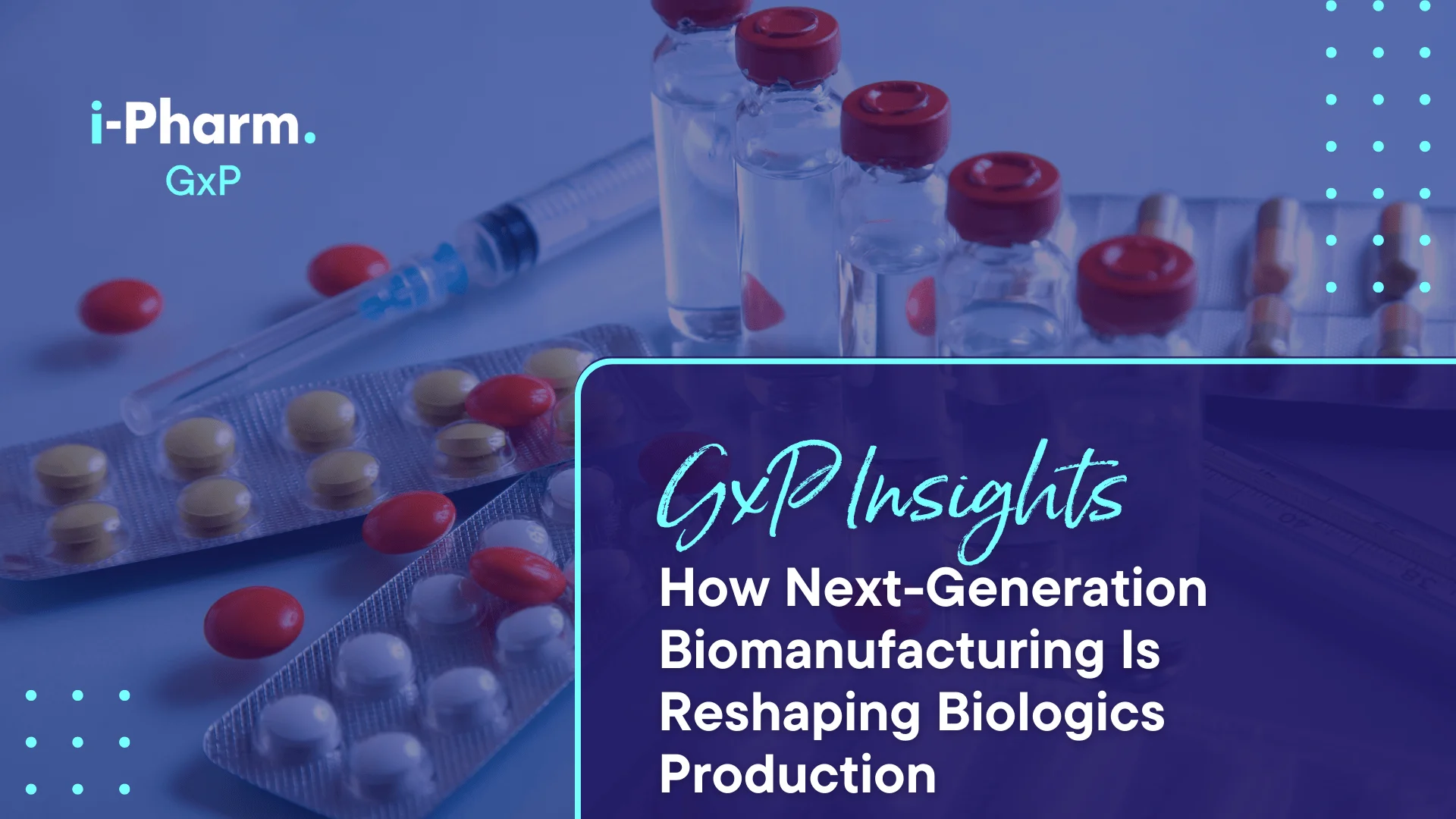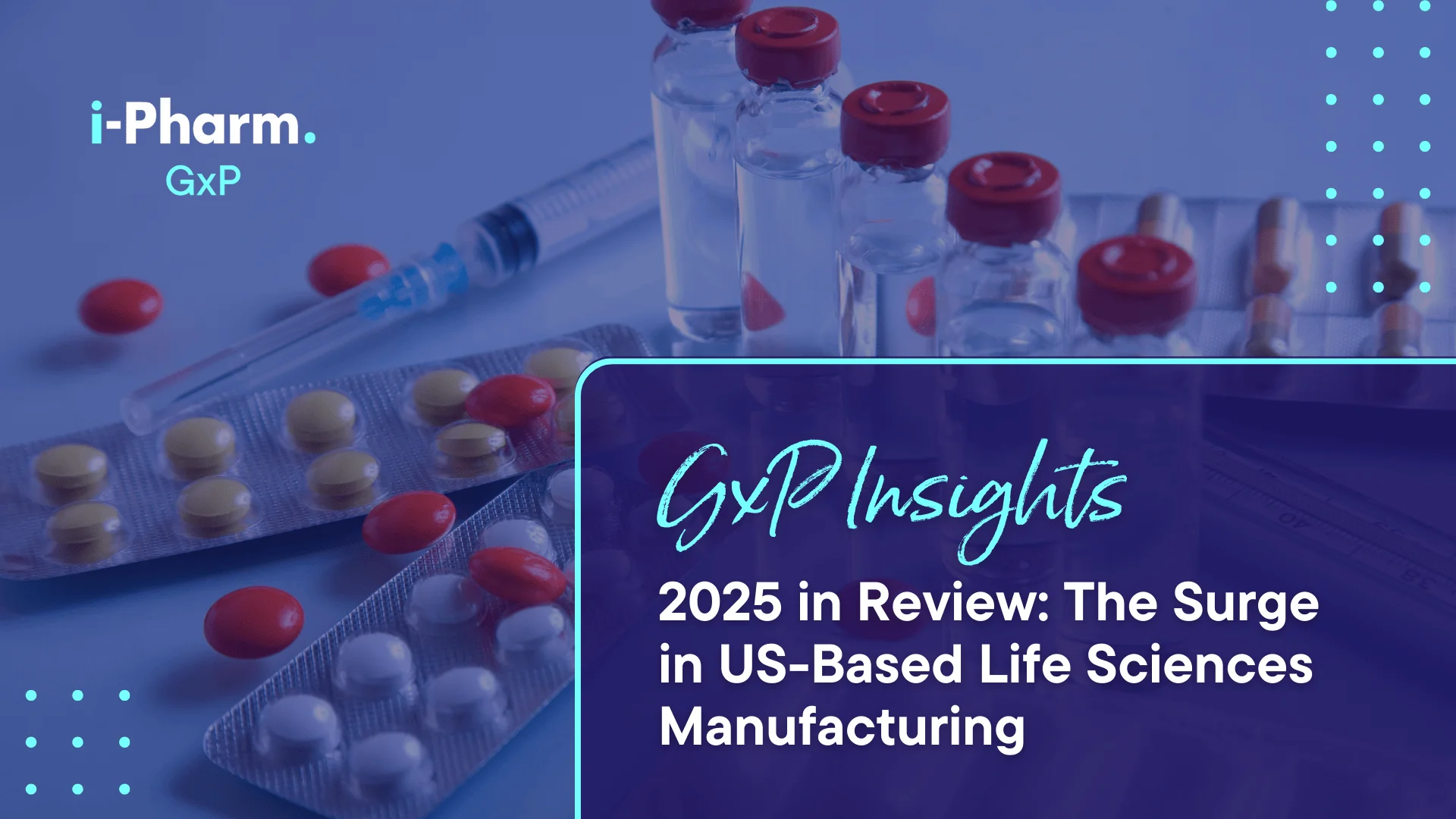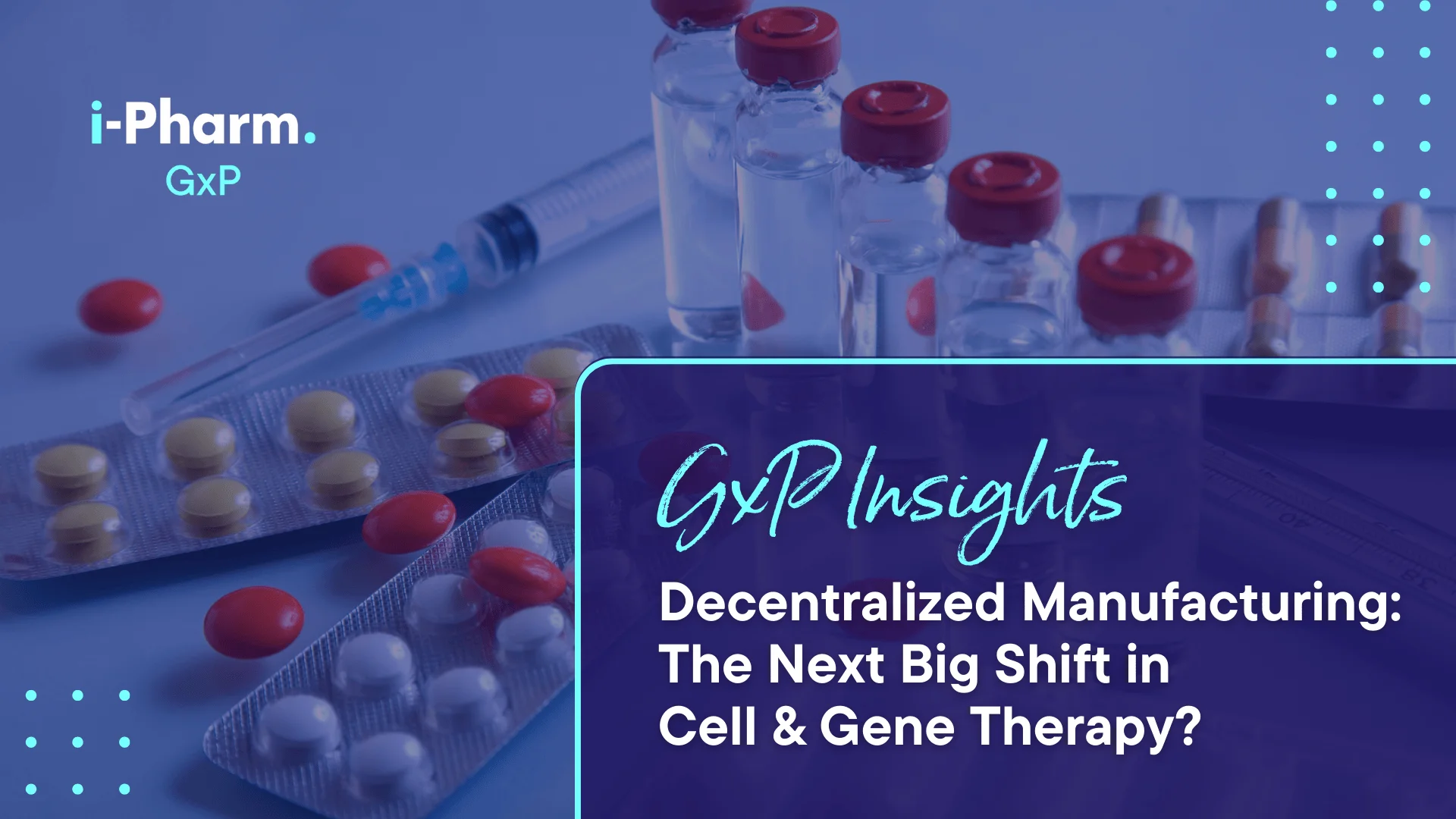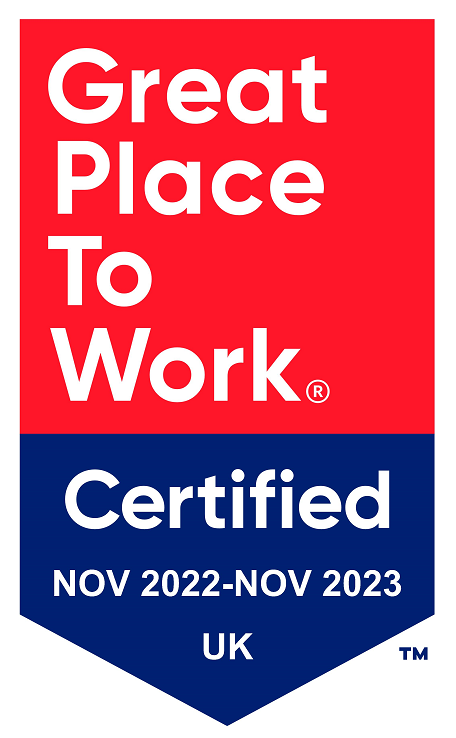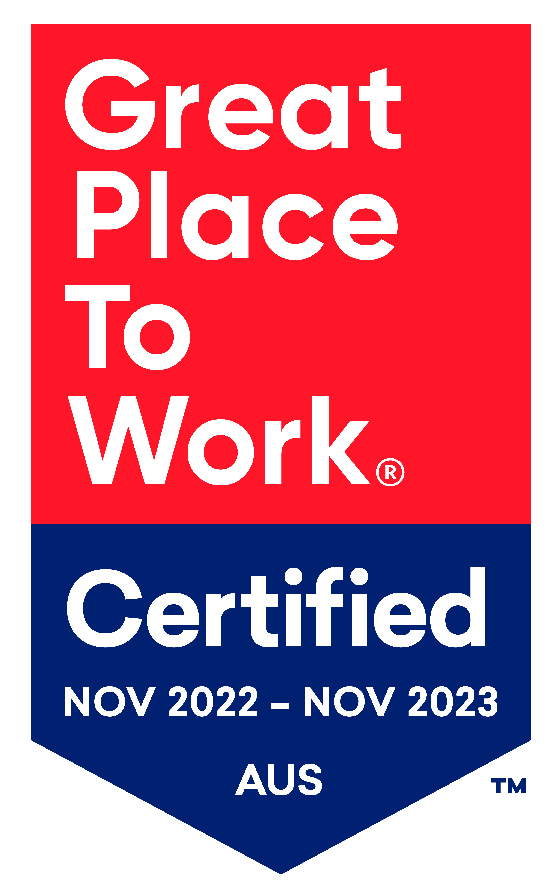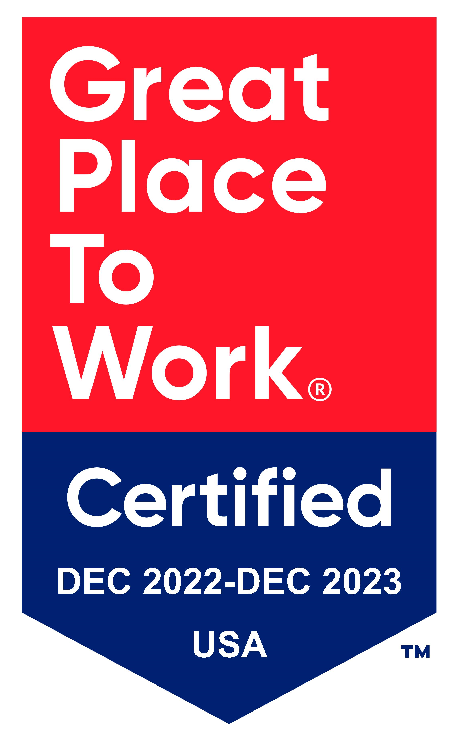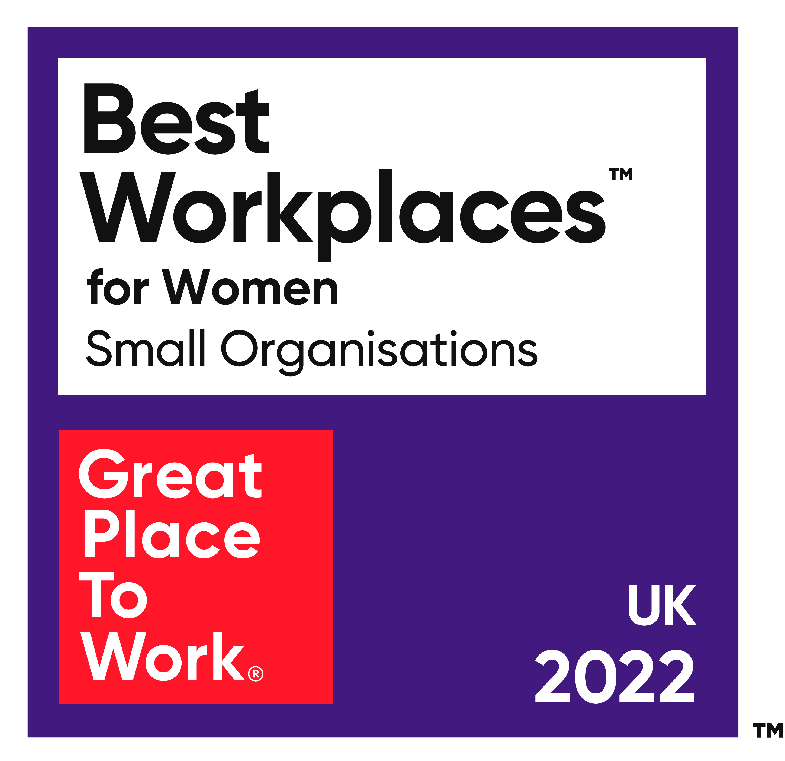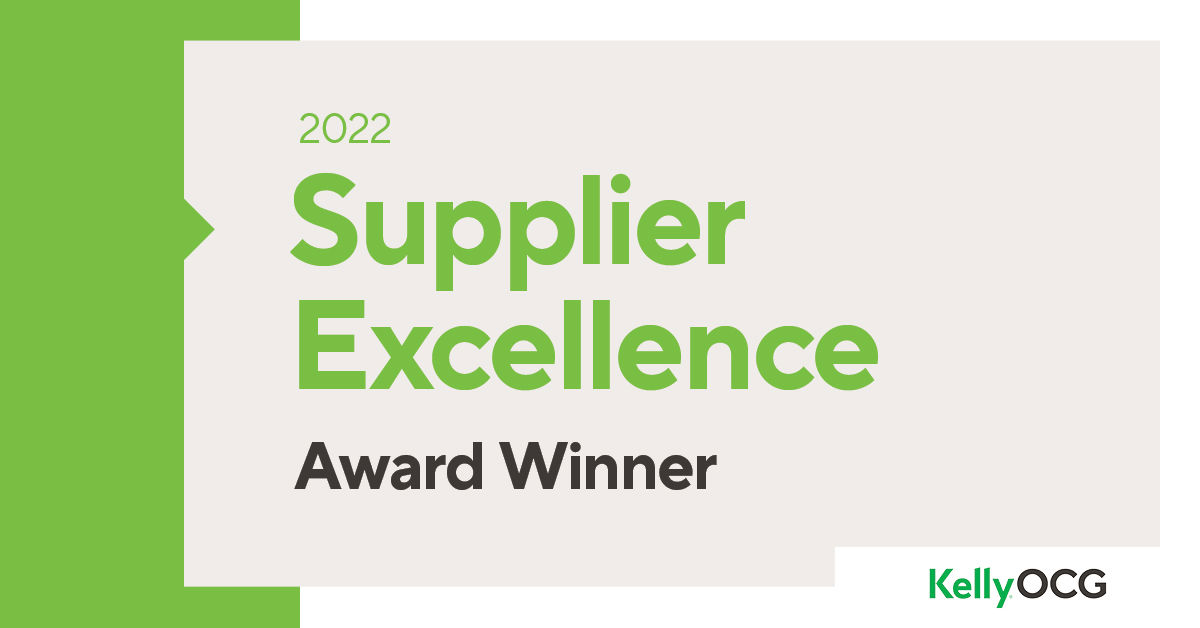GxP Insights: Biotech-Medtech Advancements Across the US East Coast
19 Jun, 202510 minsExplore our monthly GxP industry insights newsletter, tailored for professionals in Medical ...
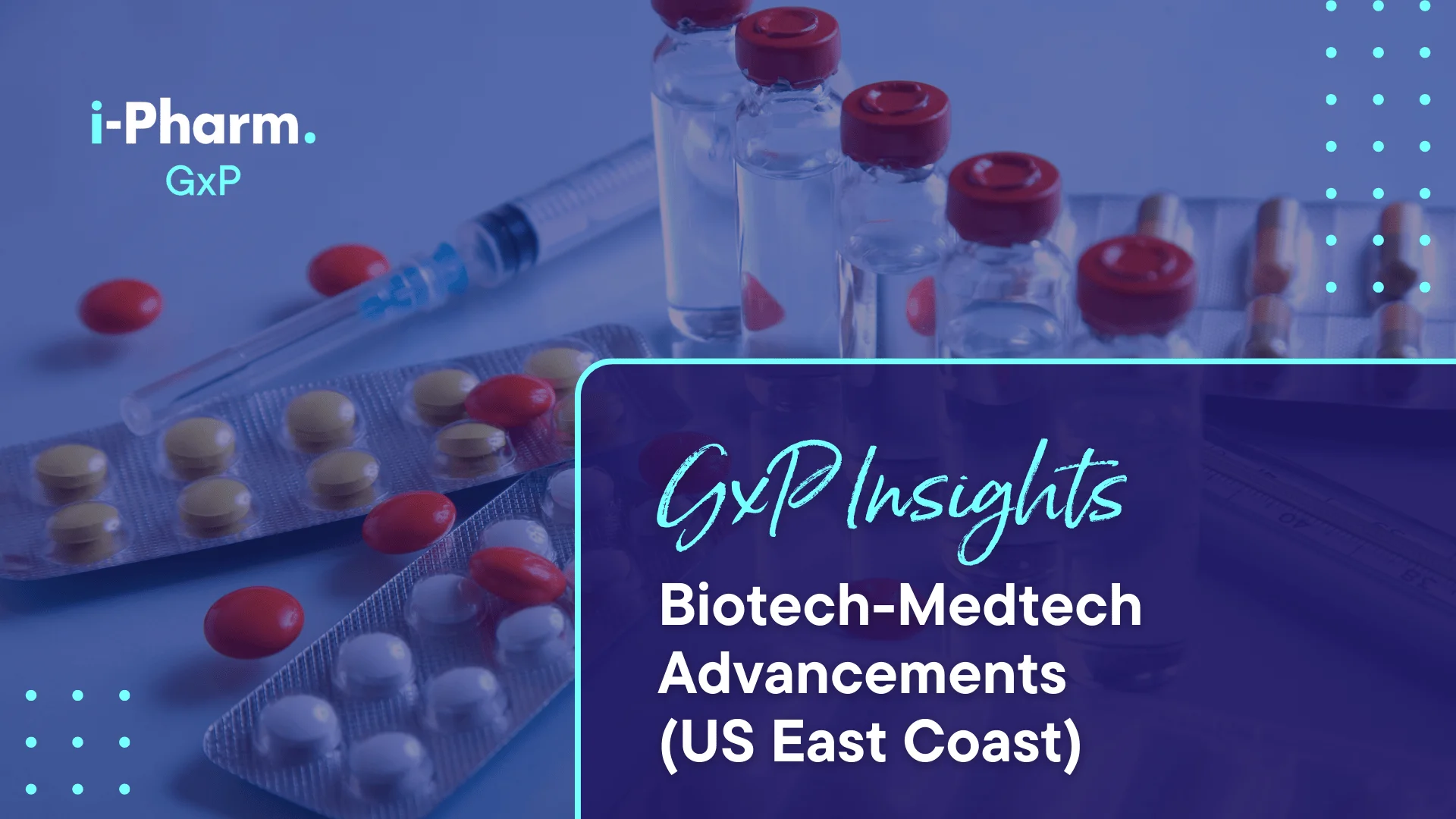
Explore our monthly GxP industry insights newsletter, tailored for professionals in Medical Devices, Biologics, Cell & Gene Therapy, and Sterile/Aseptic Manufacturing.
Each edition delivers into a key topic within your industry, including expert perspectives, and career insights to help you stay ahead.
What you can expect:
- Industry News: Stay updated with the latest developments, trends, and breakthroughs in your field.
- Career Tips: Enhance your career with advice on skills, networking, and job opportunities tailored to your field.
Advances in Bioelectronic Medicine & Smart Drug Delivery
Bioelectronic medicine is redefining disease management through devices that detect and modulate the body's electrical signals. Whether implanted or worn externally, these tools allow real-time regulation of functions like inflammation, metabolism, heart rate, and immune response. While already used in treating conditions like epilepsy and bladder control, new applications are being explored to enhance memory, mobility, and sensory functions.
Additionally, smart drug delivery systems (SDDS) are transforming chronic disease care. These technologies allow targeted, controlled-release treatments with better adherence and monitoring, especially critical for complex conditions like neurological disorders.
The global SDDS market hit $12B in 2024 and is projected to grow at a CAGR of 17% from 2025 to 2034. North America leads the way, with U.S. revenue expected to rise from $5.5B to $22.2B.
To meet this demand, leading players, including Becton, Dickinson and Company, Medtronic, Merck, and Novo Nordisk, are embedding biotech intelligence into medtech platforms:
- Becton, Dickinson and Company: The Neopak™ XtraFlow™ Glass Prefillable Syringe handles high‑viscosity biologics across 24+ indications, while the Libertas™ Wearable Injector delivers large‑volume doses hands‑free, merging device engineering with biologic formulation science.
- Medtronic: FDA‑cleared BrainSense Adaptive DBS reads neural signals and auto‑adjusts stimulation in real time, blending implantable hardware, AI firmware, and brain‑computer interface tech.
- Merck: In partnership with imec, Merck is developing MPS-on-a-chip platforms that merge organoid biology with semiconductor biosensors and microfluidics, creating AI-trainable data environments to accelerate drug discovery and reduce reliance on animal testing.
- Novo Nordisk: The NovoPen® 6 and Echo® Plus smart insulin pens integrate with Dexcom G7 CGMs, linking biologic delivery with continuous glucose data via NFC, powering more personalized, data-driven diabetes care across digital health platforms.
Together, these innovations reflect a broader industry shift, where biotech and medtech are converging to deliver smarter, more responsive care systems across the patient journey.
Reactive to Predictive: AI-Enabled Diagnostics & Wearable Tech
Healthcare is shifting from crisis response to early intervention, powered by AI-enabled diagnostics and wearables that stream continuous, actionable data. Clinicians detect conditions earlier, patients stay healthier at home, and treatments are better timed.
Across the sector, innovators are developing tools that accelerate detection, reduce diagnostic delays, and better align patients with the right therapies:
- Bristol Myers Squibb: With Viz.ai, BMS uses the FDA‑cleared Viz HCM algorithm to scan routine ECGs and flag hypertrophic cardiomyopathy in real time, often years before symptoms appear, thus supporting faster specialist referrals and expanding access to BMS’s Camzyos® therapy.
- Pfizer: At the PfIRe Lab, Pfizer integrates multimodal wearable sensors into clinical research. In collaboration with Boston University and the University of Rochester, the team uses AI-enabled devices to monitor gait, sleep quality, and night-time scratching, especially in conditions like cancer cachexia and atopic dermatitis. These continuous, objective signals help uncover digital endpoints often missed by traditional assessments.
- Eli Lilly and Company: The Magnol.AI™ sensor cloud ingests high‑frequency wearable data such as sleep, glucose, and insulin dosing, and turns it into real‑time analytics for clinical trials. Now out-licensed via ProofPilot, Eli Lilly’s platform is extending its sensor-cloud capabilities to broader clinical research settings.
Investment, skills & opportunities
The biotech-medtech crossover is influencing the talent map across the East Coast. New Jersey continues to enhance its reputation as a place where smaller companies can begin and grow. It’s now home for over 5,600 life science establishments including industry leaders like Merck, Johnson & Johnson, and Bristol Myers Squibb.
Recently, the state announced plans to build a 30,000-square-foot biotech incubator at HELIX NJ in New Brunswick. Managed by Portal Innovations, this hub will support early-stage biotech and medtech startups with lab space, capital access, and expert guidance.
With these developments, the state is seeing increased demand for roles vital to startups merging digital tools with therapeutic discovery, such as embedded systems engineers with expertise in device integration and data transmission, and regulatory affairs professionals skilled in navigating digital compliance and FDA pathways.
Meanwhile, Massachusetts is reinforcing its position as a life sciences powerhouse through a $500M capital investment reauthorized over ten years under the state's Life Sciences 3.0 Initiative. This aims to expand biomanufacturing, workforce development, and R&D across the Commonwealth.
This growth is driving demand for bioprocess engineers, automation specialists, AI scientists, and professionals skilled in data science, machine learning, and clinical digital health analytics.
On the other hand, North Carolina continues its rise in the sector, building on last year’s $15.2B in capital investment and nearly 17,000 new jobs. The momentum remains strong as key players like Novo Nordisk, Fujifilm Diosynth, Johnson & Johnson, SCHOTT Pharma, and Kyowa Kirin expand operations and manufacturing capacity.
This momentum is driving demand for biomanufacturing technicians, CMC specialists, and process optimization engineers, especially those skilled in quality control, GMP compliance, process automation, and regulatory documentation.
Across all three states, the strongest opportunities lie at the intersection of biology, data, and device, where hybrid skill sets in biotech, engineering, and digital health are in the highest demand.
At i-Pharm GxP, we work alongside leading life sciences companies shaping what’s next, supporting their developing needs. If you are passionate about the future of life sciences and want to explore opportunities in this field, we’d love to hear from you.
Get in touch to discuss opportunities within this industry, or connect with one of our experts to explore your next move.
Found these insights helpful? Be sure to share them on LinkedIn and follow us for monthly updates and exclusive industry insights.
Subscribe to our newsletter and get the latest insights delivered straight to your inbox.

